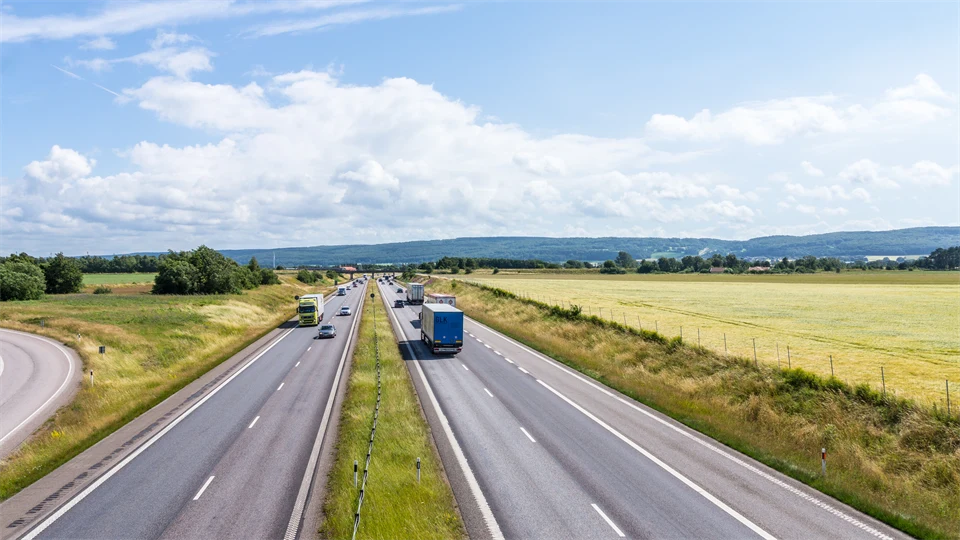CO biomethanation for biogas production from biomass residues and wastes
In Sweden, about 1.5 TWh of vehicle fuel is produced in the form of biogas every year, from available organic waste. An alternative route is for biomass to be gasified into synthesis gas and then synthesized into bio-SNG through biological methanation.
In Sweden, about 1.5 TWh of vehicle fuel is produced in the form of biogas every year. Biogas as a vehicle fuel has been commercialized in a good way in Sweden based on existing supplies of substrates and plants. However, further development of the biogas market is limited by the amount of available organic waste and the number of biogas stations. An alternative route is for biomass to be gasified into synthesis gas and then synthesized into bio-SNG (Substitute Natural Gas) by catalytic methanation, or gasification of biomass gasification can be integrated into a biogas system via digestion to produce methane through biological methanation. In this way, the vehicle fuel biomethane, can make a significant contribution to the national goal: "Fossil-free vehicle traffic 2030". Biogas can also act as an important energy carrier in the smart energy grid of the future, with the help of biogas systems for electricity and fuel production, the increased share of mobile renewable electricity (solar and wind) in the distribution network can be balanced. An even more important factor is that biogas production can be greatly increased, and in the event of a full-scale expansion, meet the majority of the demand for fuel for transport and electricity networks in Sweden by integrating systems for gasification of biomass and biogas systems. For this purpose, it is proposed that a new process route be studied in this project: Biomass gasification> H2 + CO> Biogas plant > Upgrade> (locally) Natural gas networks.
CO in syngas plays a key role in biomethanation of syngas, as it is both a substrate and an inhibitor of certain methanogenesis processes. Inocula in the form of anaerobic granular sludges from different sources have a great impact on CO biomethanation. The inocula tested in this project will be taken directly from anaerobic digestors (AD) and aerobic digester operated by 3 partner companies, Härnösand Energi; Miljö AB (Hemab), MittSverige Vatten; Avfall AB (MSVA) and Biocompost AB (BC). Other factors such as CO partial pressure, gas-liquid mass transfer efficiency, and temperature will also be studied. The experimental test will be carried out in a 6 litre bioreactor at Miun in Härnösand. The test can also be arranged in the company-owned digesters if necessary. The attention will be paid to the evaluation of anaerobic granular sludges, sludge acclimation with CO, the CO biomethanation rate and the lag phase, and the mesophilic (37 C) and thermophilic conditions (55 C).
A techno-economic analysis can be made with respect to the biogas production efficiency, energy efficiency and GHG reduction degree. The commercialization possibility of biogas + bio-SNG production from biomass wastes will be evaluated. The analysis can be made not only for Härnösand and Sundsvall special cases but also for cases in general. The results and conclusions will be used by the project partner companies to make decision for construction of biogas + bio-SNG vehicle fuel and electricity production plants.
Facts
Project period
220201-231031
Subjects
Research groups
Project leader

Project members






